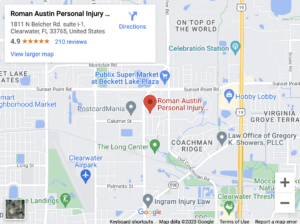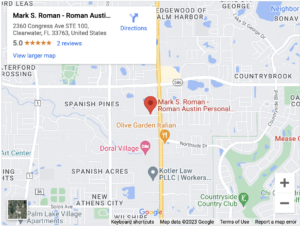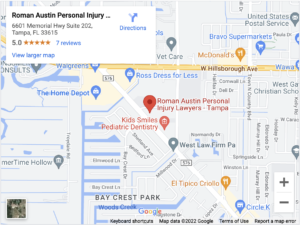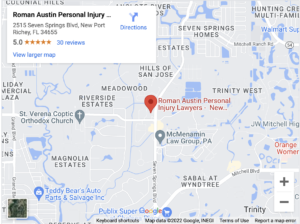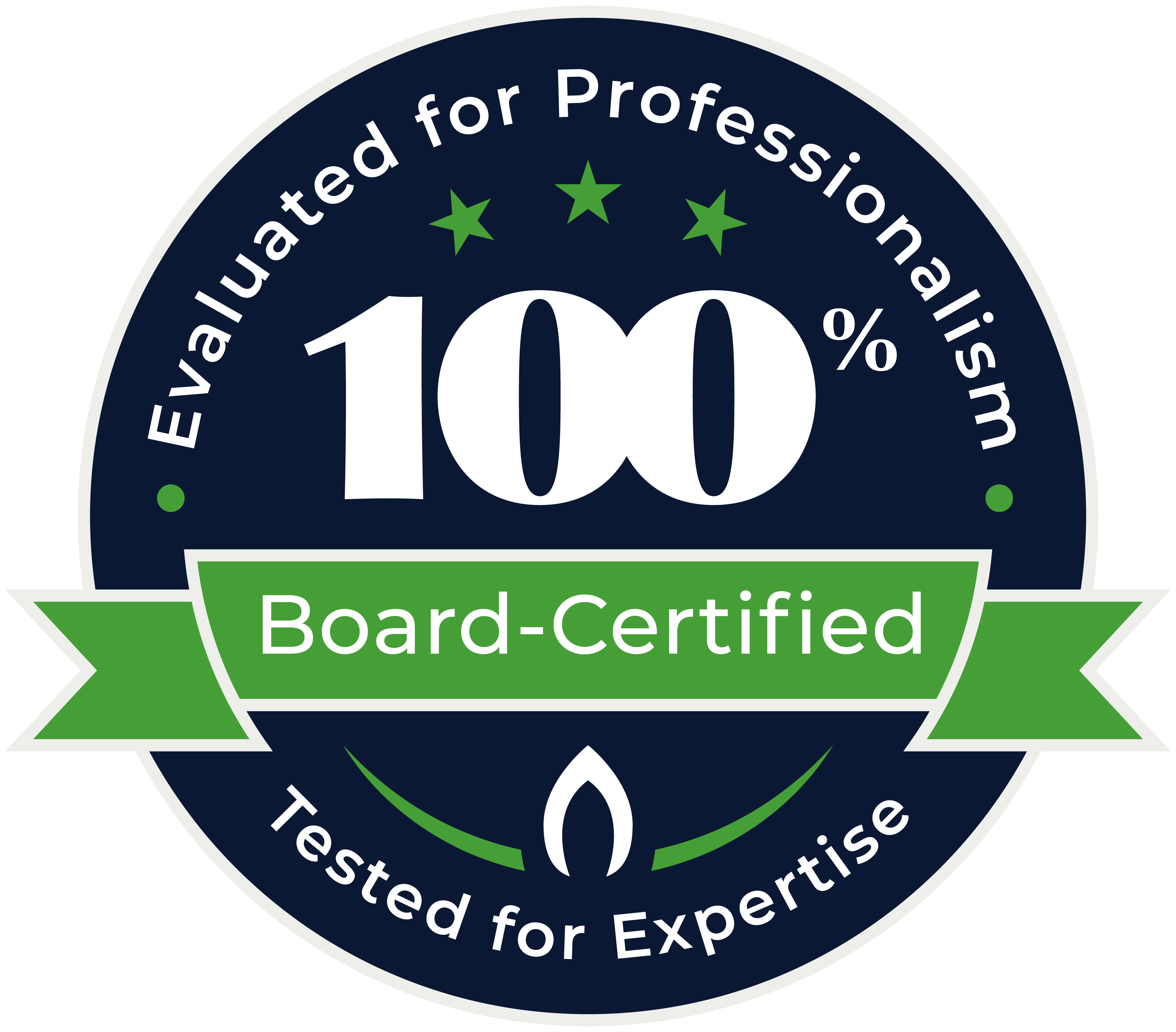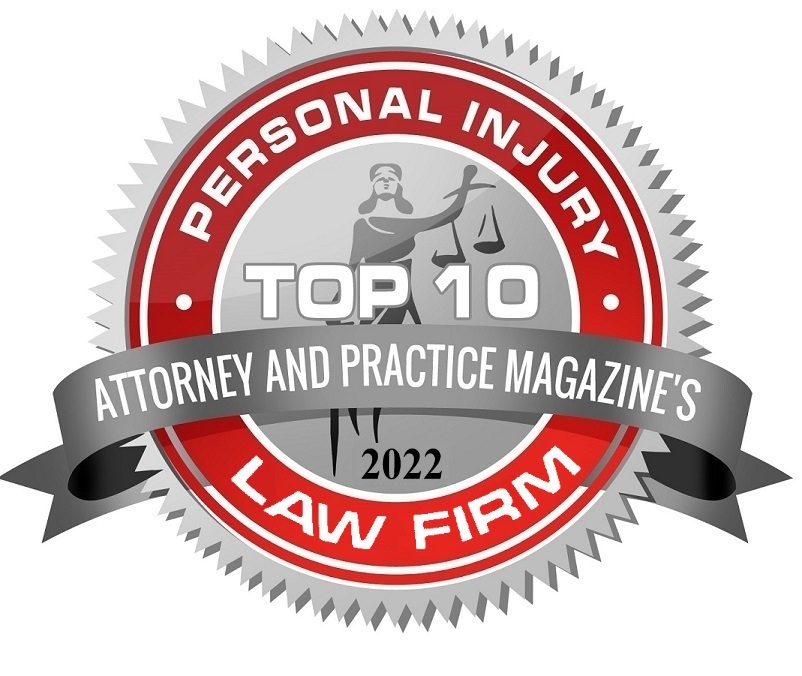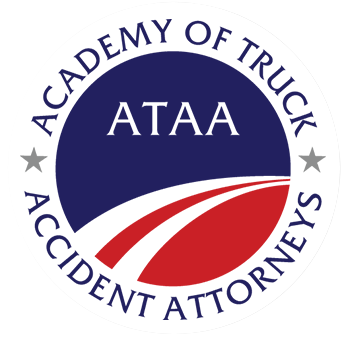
Meeting with a personal injury lawyer is often the first step in pursuing compensation following an accident.
Accident victims may experience significant financial and emotional consequences. Personal injury lawyers help protect the rights of victims and guide them through the process of obtaining compensation.
A free initial consultation with a personal injury attorney is a good opportunity to assess the lawyer and law firm. The lawyer you choose could significantly affect the outcome and success of your case, including the financial recovery you receive.
Several key questions can help determine whether the lawyer could be a strong advocate for you.
1. What Kinds of Personal Injury Cases Do You Handle?

When you consult a personal injury lawyer, it is important to understand the kinds of cases they handle. For instance, a personal injury lawyer could represent clients after a car accident, slip and fall, or medical malpractice incident.
This information is crucial because it helps you evaluate whether the lawyer is prepared to take on your case type.
Some personal injury attorneys have specific experience in a certain area and have focused the majority of their practice on representing clients with a particular type of issue. Others work in more than one area.
When it comes to finding a personal injury lawyer, it’s best if your advocate has prior experience in personal injury. While all lawyers study torts – the civil wrong underpinning a personal injury case – in law school, only some focus their practices on personal injury law.
Others might practice estate planning or criminal law. As a result, they might not have much experience fighting for injury victims.
2. Do You Primarily Practice Law in My State?
Since lawyers are licensed in individual states, it is also crucial to ensure that they practice personal injury law in your jurisdiction. Typically, the lawyer should be licensed and have experience practicing law in your state.
State laws differ. The lawyer should not only have experience with your injury type but should understand how to navigate the local legal system.
Some lawyers may be licensed in certain states but primarily practice law in a different jurisdiction. In addition to licensure, consider the attorney’s experience in your state.
Lawyers who have built their practices in your home state can have relationships with other legal practitioners, such as opposing counsel and judges. The relationships they made and the insight they gleaned could be helpful to your case.
3. What Experience Do You Have?
Another factor that could help you decide whether to hire a personal injury lawyer is experience.
In addition to inquiring about the issues the firm handles, consider asking how many years of experience the lawyers have.
The lawyer’s years of experience practicing personal injury law could suggest whether they are capable of handling your case.
4. What Results Did You Get in Similar Personal Injury Cases?
Does the lawyer have a proven track record of success representing those who experienced similar injuries in similar situations?
Ask the professional to tell you about the results of past cases similar to yours. Have they helped others with similar injuries recover significant compensation?
The firm’s track record is also illustrative. While it’s up to you to decide who represents you, a firm’s track record of recovering compensation for injury victims could indicate its success.
Some firms have histories of significant recoveries on behalf of victims.
5. Do You See Any Problems With My Case?
A skilled personal injury lawyer should be able to tell you your case’s weaknesses as well as strengths. Although it can take some time and investigation for an advocate to get a clear picture of the events and facts affecting your accident, in some cases, an attorney might be able to flag potential issues early.
Perfect cases are rare. Most of the time, complexities arise. It’s the lawyer’s job to overcome them.
Using discernment and legal expertise, a good lawyer is honest about the potential pitfalls of a case as well as the potential benefits.
For instance, if you have yet to seek medical attention for your injury, this could compromise your case. The lawyer might recommend you visit a doctor soon to begin building a medical record.
You should be able to trust your lawyer with the truth. When your lawyer knows the full picture, they can best represent your interests and advocate for you, anticipating arguments from the opposition.
If you feel uncomfortable sharing everything with the candidate, consulting other attorneys in the area might be advisable. On the other hand, you may feel that the lawyer is listening to you and building rapport, which could indicate a good fit.
Your lawyer should be someone you can trust and rely on to guide you through the process of seeking justice.
6. What Kinds of Compensation Could I Receive in My Personal Injury Claim?
In the early stages, most lawyers will not be able to provide exact figures of how much you could recover after an accident. The compensation you could receive depends on several factors specific to the case, and it is difficult to predict the exact outcome of any case.
Yet a solid personal injury lawyer should be familiar with the kinds of damages available to you and how much you deserve under the law.
As an injury victim, you could obtain compensation for property damage, medical bills, lost wages, and pain and suffering.
In addition, in particularly egregious cases, punitive damages may be available. For example, Florida law allows individuals to recover punitive damages in cases of gross negligence or willful conduct.
Schedule a Free Initial Consultation With an Experienced Florida Personal Injury Lawyer
Hiring the right attorney could shape your case’s outcome. If you suffered an injury in Florida, contact our Clearwater personal injury office at (727) 787-2500 to schedule a free consultation.
Contact Roman Austin Personal Injury Lawyers and take the first step toward pursuing compensation after your accident.

